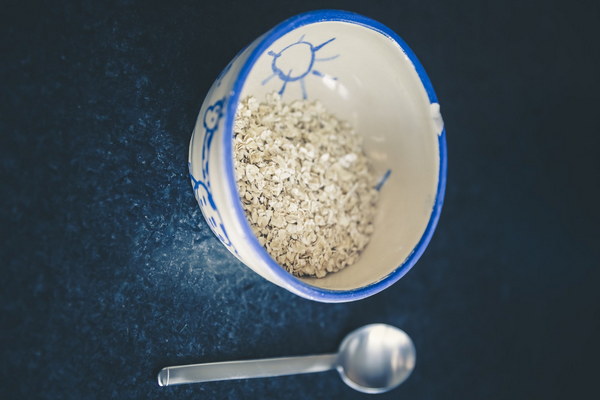Maximize Kidney Health Expert Tips for Nourishing Protecting and Strengthening Your Kidneys
Introduction:
The kidneys are vital organs responsible for filtering waste products and excess fluids from the blood, producing urine, and maintaining the balance of electrolytes and fluids in the body. However, due to modern lifestyles and poor dietary habits, kidney health has become a concern for many. To ensure optimal kidney function, it's essential to adopt a proactive approach by nourishing, protecting, and strengthening your kidneys. In this article, we will explore practical tips and strategies to help you maintain healthy kidneys.
1. Stay Hydrated:
Drinking plenty of water is crucial for kidney health. Adequate hydration helps to flush out waste products and toxins from the kidneys. Aim to drink at least 8 glasses of water per day, or more if you engage in physical activity or live in a hot climate.
2. Maintain a Balanced Diet:
A well-balanced diet can help prevent kidney damage and maintain kidney function. Incorporate the following foods into your diet:
- Lean proteins: Choose lean meats, poultry, and fish, which are rich in essential amino acids without excess phosphorus and protein that can strain the kidneys.
- Fruits and vegetables: These are packed with vitamins, minerals, and antioxidants that support kidney health. Aim for a variety of colors to ensure a wide range of nutrients.
- Healthy fats: Incorporate sources of healthy fats such as avocados, nuts, and seeds into your diet, which can help reduce inflammation and improve kidney function.
- Low-sodium foods: Excess sodium can lead to high blood pressure, which is harmful to the kidneys. Opt for low-sodium or no-salt-added versions of your favorite foods.
- Limit phosphorus and potassium: These minerals can be harmful to the kidneys when consumed in high amounts. Consult with a healthcare professional or a dietitian to determine the appropriate limits for your individual needs.
3. Exercise Regularly:
Regular physical activity can improve overall health and reduce the risk of kidney disease. Exercise helps control weight, blood pressure, and cholesterol levels, all of which are important for maintaining kidney health.
4. Manage Chronic Conditions:
Chronic conditions such as diabetes, hypertension, and obesity can increase the risk of kidney disease. It's essential to manage these conditions effectively by following your healthcare provider's recommendations, including medication adherence and lifestyle modifications.
5. Avoid Smoking and Limit Alcohol Consumption:

Smoking and excessive alcohol consumption can damage the kidneys and increase the risk of kidney disease. Quitting smoking and limiting alcohol intake can help protect your kidneys.
6. Regular Check-ups:
Regular health screenings, especially for individuals with a family history of kidney disease or those with chronic conditions, are crucial for early detection and management of kidney issues.
Conclusion:
By adopting a healthy lifestyle and implementing the tips outlined in this article, you can help nourish, protect, and strengthen your kidneys. Remember, maintaining kidney health is an ongoing process, and it's essential to consult with healthcare professionals for personalized advice and support.









